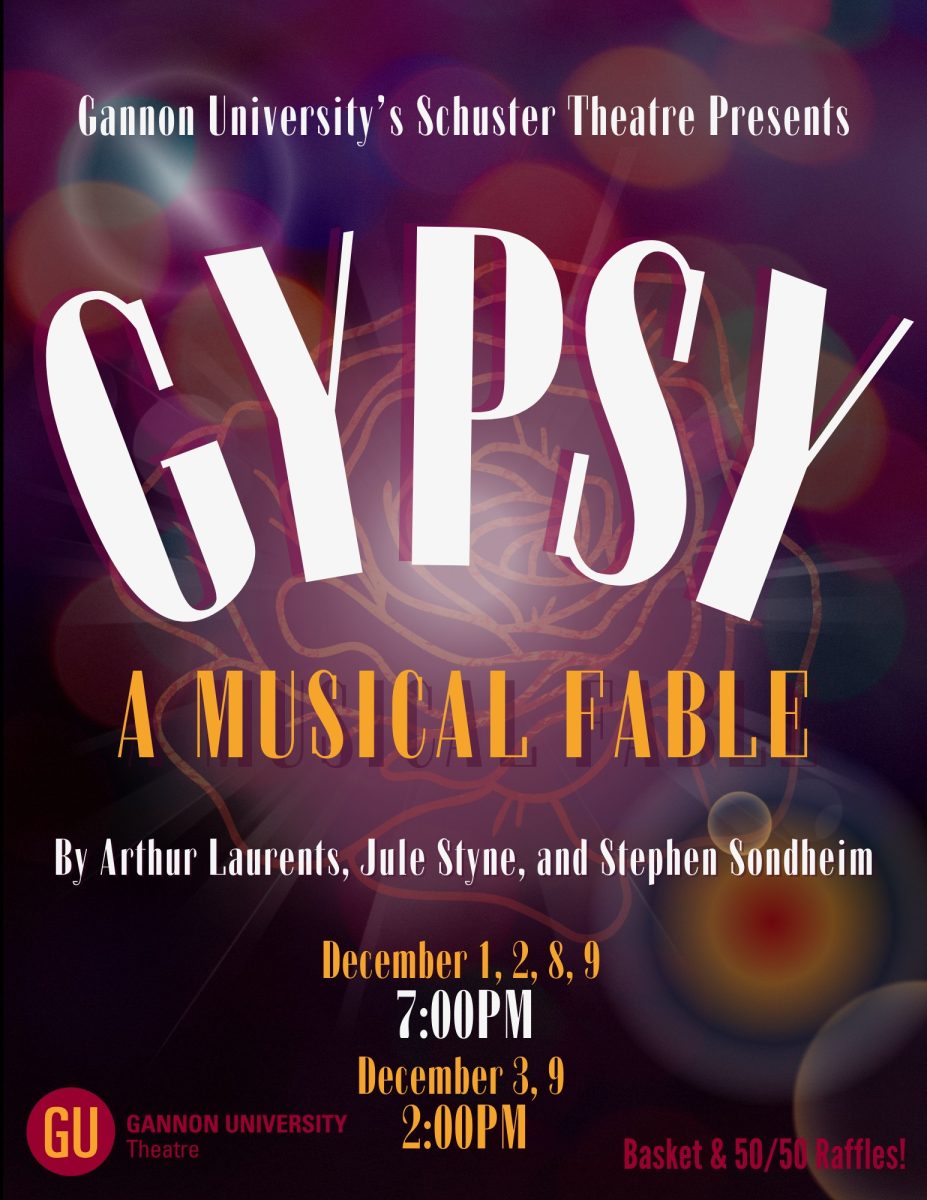As the Erie weather exhibits its ability to imitate the Arctic Tundra outdoors, the ironically Surf and Sun-themed 10th Annual Wellness Fair invited Gannon University students and staff to envision a warmer climate Tuesday.
Michelle Wagner, the assistant director of wellness at Gannon, explained in a press release, sent out Monday, that the event aimed to “help raise awareness of relevant health issues, differentiate between wellness ‘myths and facts’ and reinforce to participants the importance of continually monitoring their numbers.”
Upon entering Yehl Ballroom where the fair was held, the theory that college students hibernate until at least noon seemed to prove itself. Although the booths lined the walls and created a row in the center of the expansive room, the amount of vendors was disproportionate to the number of visitors. This is not to say that the vendors were unworthy of visitation — capable salespeople with smiling faces stood at their posts, willing to share the benefits of their company or program.
One such salesperson was Dr. Dan Walker from Integrative Wellness, whose professionalism emanated from his embroidered black polo and air of experience. He explained the wide range of therapies offered by the team of specialists with whom he has the privilege of working.
Their emphasis is on stress relief, which should appeal to college students who traditionally struggle with balancing extracurriculars and schoolwork. In reality, however, students are not all that interested in holistic wellness, Walker said.
“They consider themselves indestructible at that age,” he said.
He said he found the Wellness Fair worthwhile regardless of students’ indifference, because events such as this allow the company to spread awareness of their products and services, at the very least. “Sometimes, we’ll give out free massages, and people won’t come back for another 10 years — but they will come back,” Walker said.
John Mason, owner of Mason Farms Country Market, reached a similar conclusion. In his second year of attending the fair, he admited that it’s more relevant to the staff. Mason Farms provides a Community Supported Agriculture program, which allows city dwellers to pay for a weekly basket of fresh produce and goods made locally.
Because the program typically provides material during the summer months, Mason finds that his booth reaches the staff members who live nearby instead of the students who go home during summer vacations.
Out of the meager showing of students, two freshmen found that the fair did not offer them many worthwhile opportunities. “My friend dragged me here, and I only stayed for the free food,” explained Morgan Krupp, a physician assistant major.
This seemed to be the general attitude among the student body; other than the table of free food tucked away in the far corner, the Fair lacks the glamour and allure necessary to attract students in large numbers. Sarah Schwartz, a veterinarian major who brought Krupp to the fair, put it nicely: “This would be great during spring. No one thinks about getting healthy or having a ‘beach bod’ until the warmer months roll around.”
Regardless of the turnout to the Health and Wellness Fair, it does force students to take a look at our habits. A majority of college students experience the woes of unhealthy eating and sleeping routines—the dreaded ‘freshman fifteen’ being a prime example.
Resources like The Health and Wellness Fair are vital to the Gannon populace in different ways. To the staff, who actually utilize the connections proposed by the fair, it delivers discounts and deals on natural foods and medicinal processes. To the students who rarely appreciate what is before them, it at least begins a conversation about how to improve their lifestyles.
LEIGH TISCHLER











